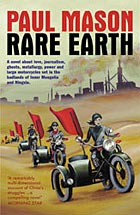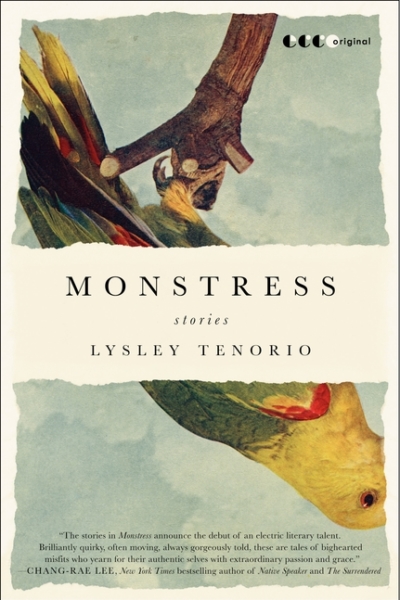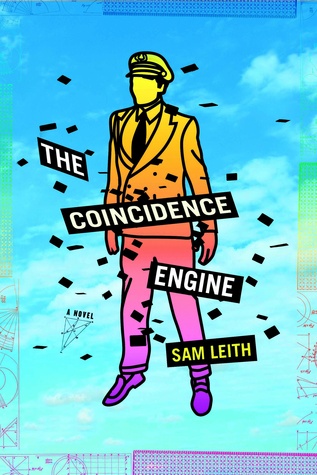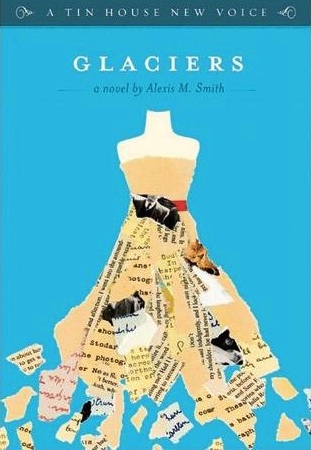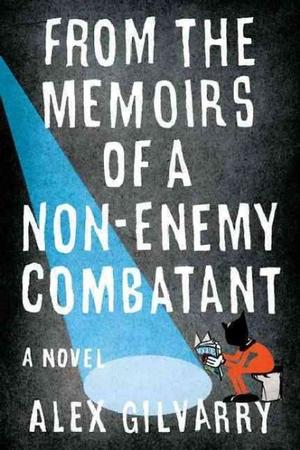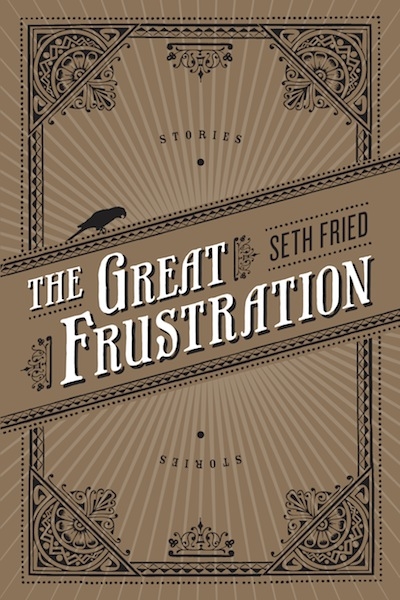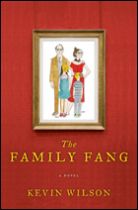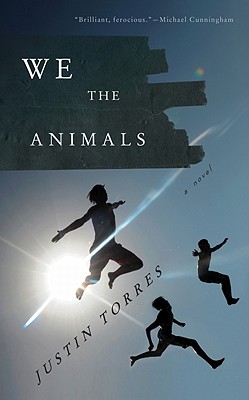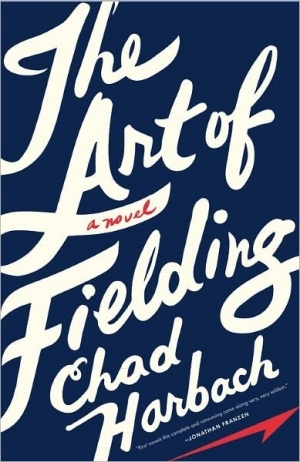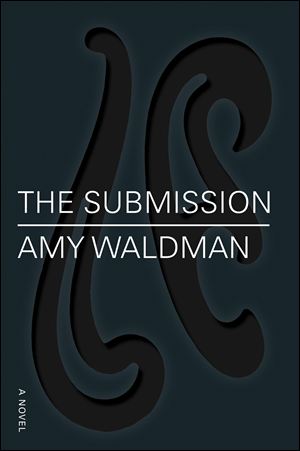Rather than leaving readers to guess what has been left out, as in a news article, Rare Earth forces readers to filter reality through its virile, imaginative expanse.
Though it might sound like a disservice to say that the stories feel a bit formulaic or even repetitive, it’s actually more of a backhanded compliment.
The Coincidence Engine – Sam Leith
THE COINCIDENCE ENGINE cycles through different levels of weirdness before discovering that it wants to be about struggles we have with ourselves.
Reading Glaciers is a bit like having a self-conscious friend, reluctant to reveal anything too personal, too embarrassing, too human.
From The Memoirs Of A Non-Enemy Combatant – Alex Gilvarry
This five-foot-one, flamboyant Filipino man has been designated a “Non-Enemy Combatant,” a victim of unfortunate, often hilarious, and mind-numbingly idiotic circumstance.
The Great Frustration – Seth Fried
There’s nothing redeeming about just being clever, so it’s great that Seth Fried is also smart-as-hell in his debut, The Great Frustration, a collection that is fantastically imagined, caustically realized, and genuinely touching.
The Family Fang – Kevin Wilson
In its own bologna-frying, Bloody-Mary-guzzling, tuber-hurling way, The Family Fang boasts both the sweetness and wickedness of a Roald Dahl story, where the adults are cruel and the children are clever and hell could freeze over before either party would consider compromising.
We The Animals – Justin Torres
This world, through which the reader all-too-quickly passes, is etched cleanly and sparsely, and nonetheless seems complete. Description, dialogue, and the narrator’s own youthful viewpoint create a realm almost tangible, both in the squalor of the low points and the beauty of their family’s wary intimacy.
The Art of Fielding – Chad Harbach
While Harbach successfully captures the elegant, romantic aspects of the game, his attempts to evoke its baser elements are less convincing.
Set two years after 9/11, Amy Waldman’s debut novel opens with a jury presiding over an anonymous contest to select the design for a memorial and chronicles the political and cultural fallout that follows.


